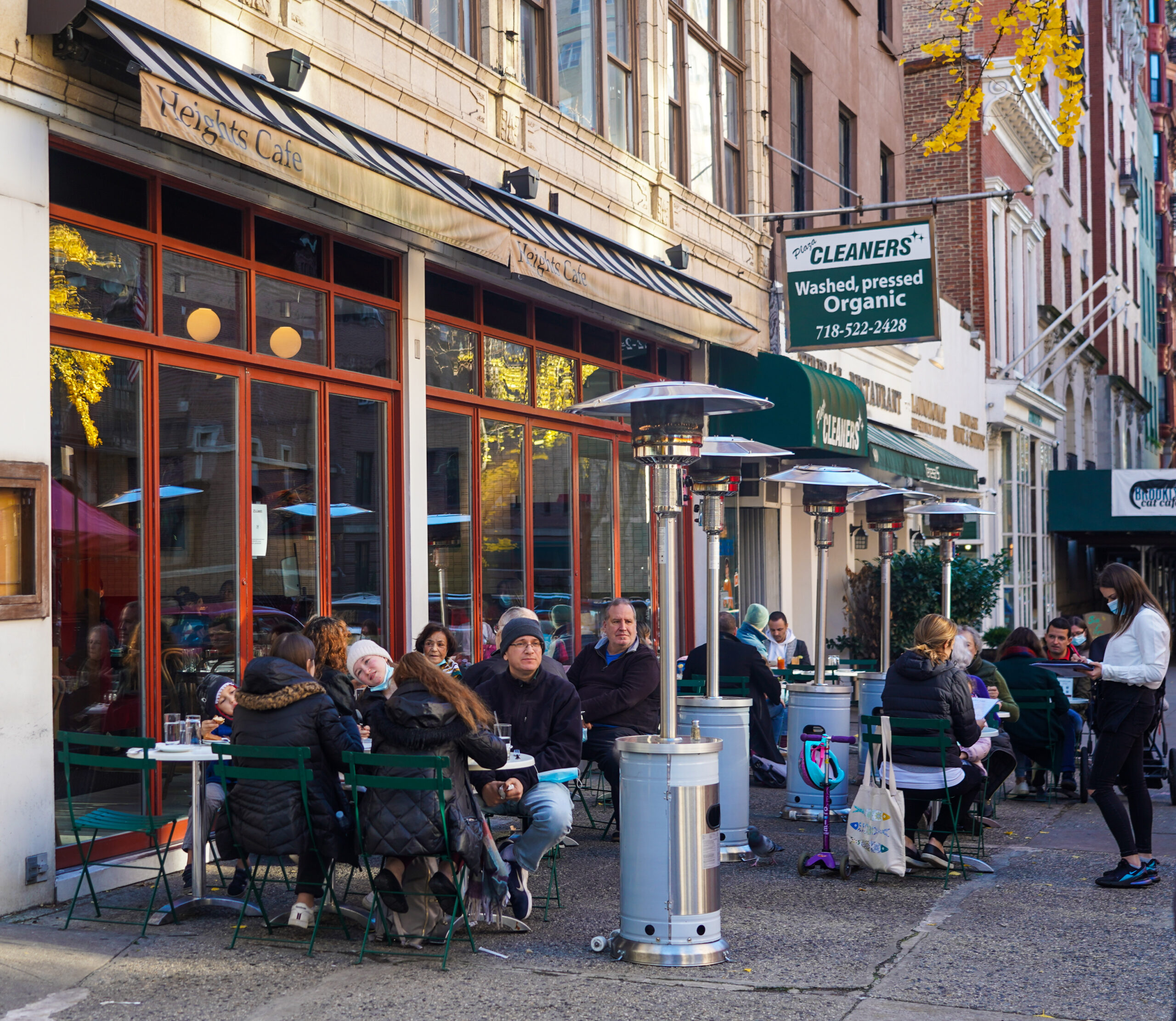The New York City Council voted to establish a newly revised permanent outdoor dining program, building on the success and lessons learned from the emergency pandemic outdoor restaurants program. The legislation aims to make the program more accessible and inclusive to restaurants, similar to the temporary emergency program, while addressing concerns about regulation and consistency. The program will now offer year-round outdoor dining options, including the option for roadway dining during the warmer eight months of the year, from April through November.
The newly approved legislation, known as Introduction 31-C, sponsored by Council Member Marjorie Velázquez, will significantly ease the application process and lower the cost of participation for restaurants compared to the pre-pandemic program. Restaurants will now have the opportunity to operate sidewalk cafes year-round, similar to the pre-pandemic setup. Additionally, for the first time, roadway cafes will be permitted to operate during the warmer months, giving New Yorkers more opportunities to enjoy outdoor dining and socialization.
Speaker Adrienne Adams commended the permanent outdoor dining program, stating that it served as a lifeline for small businesses and residents during the challenging times of the COVID-19 pandemic. The program, under local law, strikes the right balance for restaurants, neighborhoods, and all New Yorkers. It allows a greater number of restaurants to participate while reducing bureaucratic barriers and making the licensing costs more affordable.
Introduction 31-C will not only benefit the restaurants but also provide reliable consistency for the neighborhoods and establishments. The legislation incorporates zoning changes approved by the Council in 2022, making more neighborhoods and restaurants eligible for outdoor dining participation than the previous pre-pandemic sidewalk café program.
The Department of Transportation (DOT) will administer the licensing of both sidewalk and roadway cafes and enforce the rules pertaining to their operation, in continued coordination with other city agencies. The legislation also addresses the issue of non-compliant structures by requiring sheds or any structures that do not comply with DOT rules to be taken down within 30 days after the determination by DOT to grant or deny a revocable consent for operating a sidewalk or roadway cafe or by November 1, 2024, whichever comes first.
Council Member Marjorie Velázquez expressed her pride in advocating for small businesses throughout the process and emphasized that the new legislation was tailored to meet the needs of different types of restaurants and eateries across the city. She thanked Mayor Adams and Speaker Adams for their support and the City Council’s Legislative Division for their dedication in crafting the bill.
The City Council also voted on various other significant pieces of legislation, including protecting New Yorkers against lead contamination, creating the Office of the Homeowner Advocate, supporting fair contracts for Writers Guild of America (WGA) and Screen Actors Guild – American Federation of Television and Radio Artists (SAG-AFTRA), reducing barriers to building environmentally friendly homes, and calling for passage and enactment of State Law to prohibit legacy admissions preferences at colleges.

